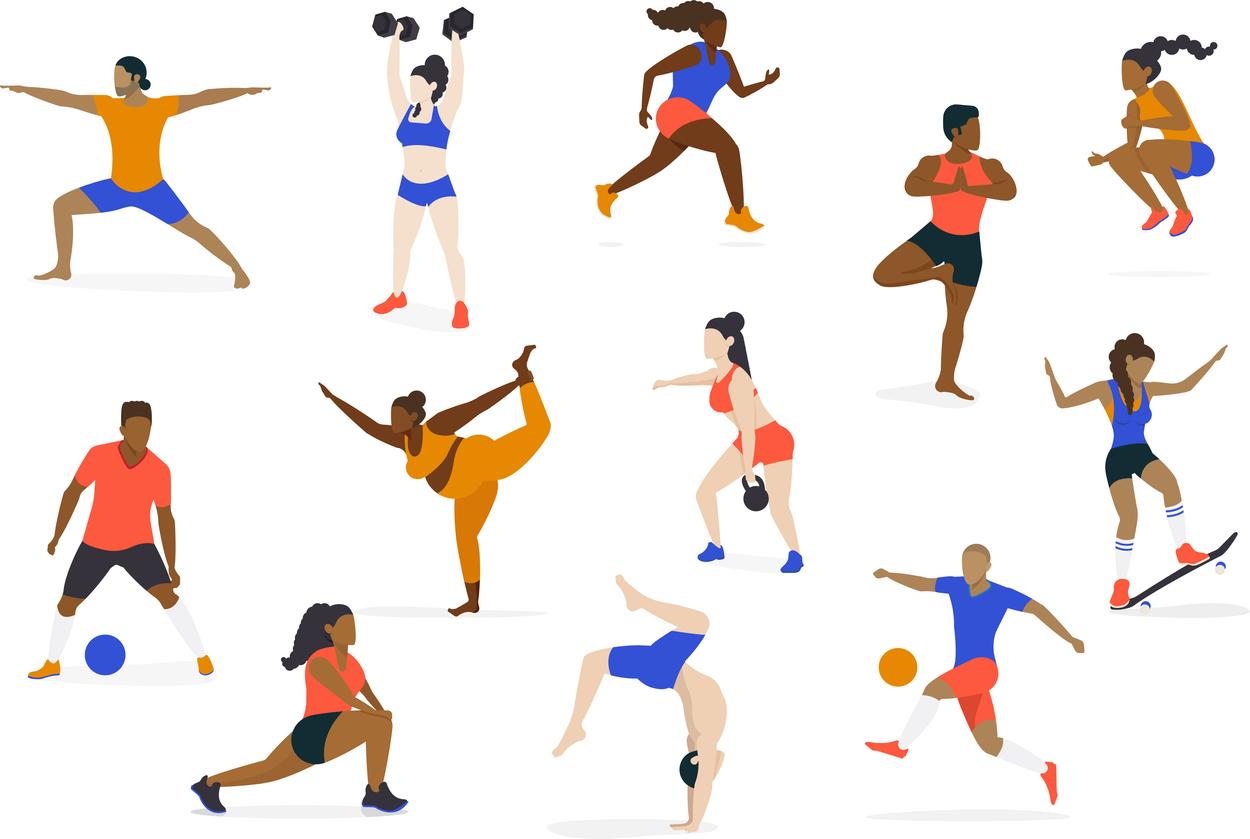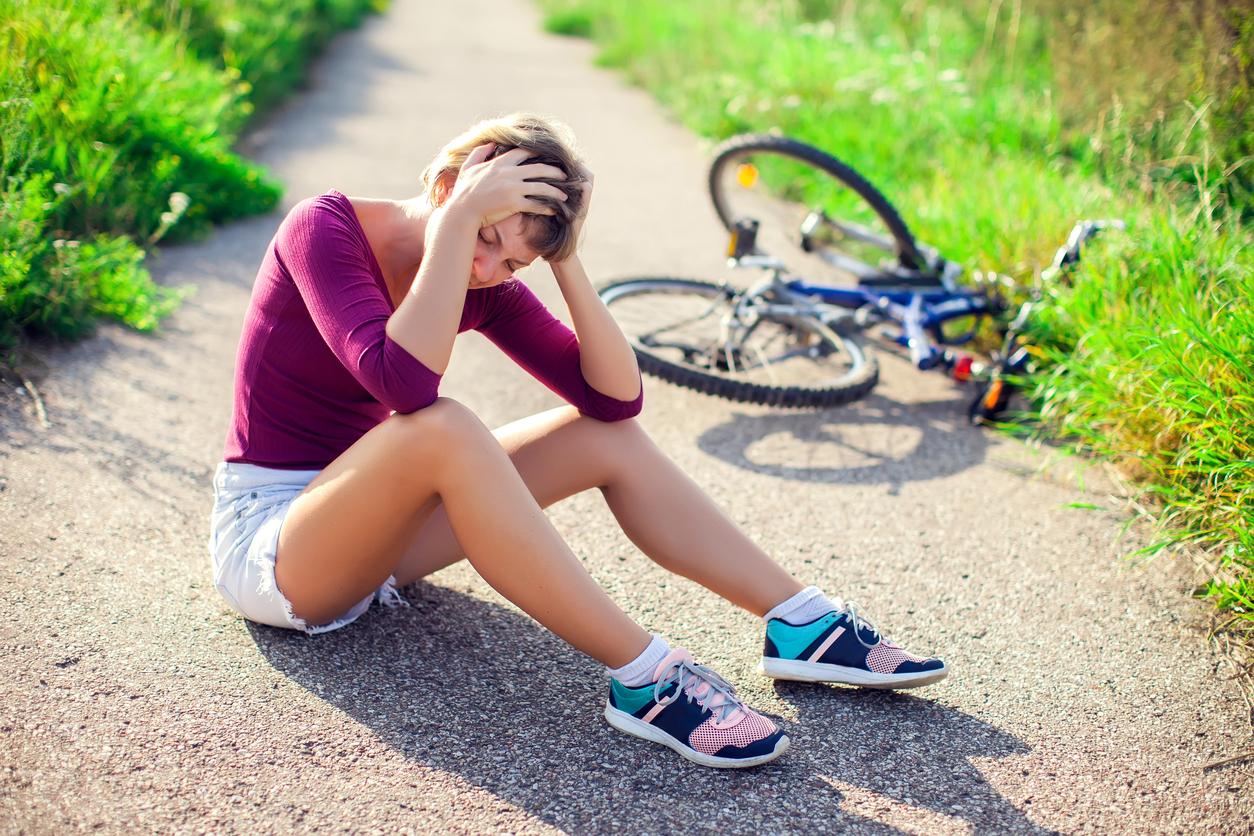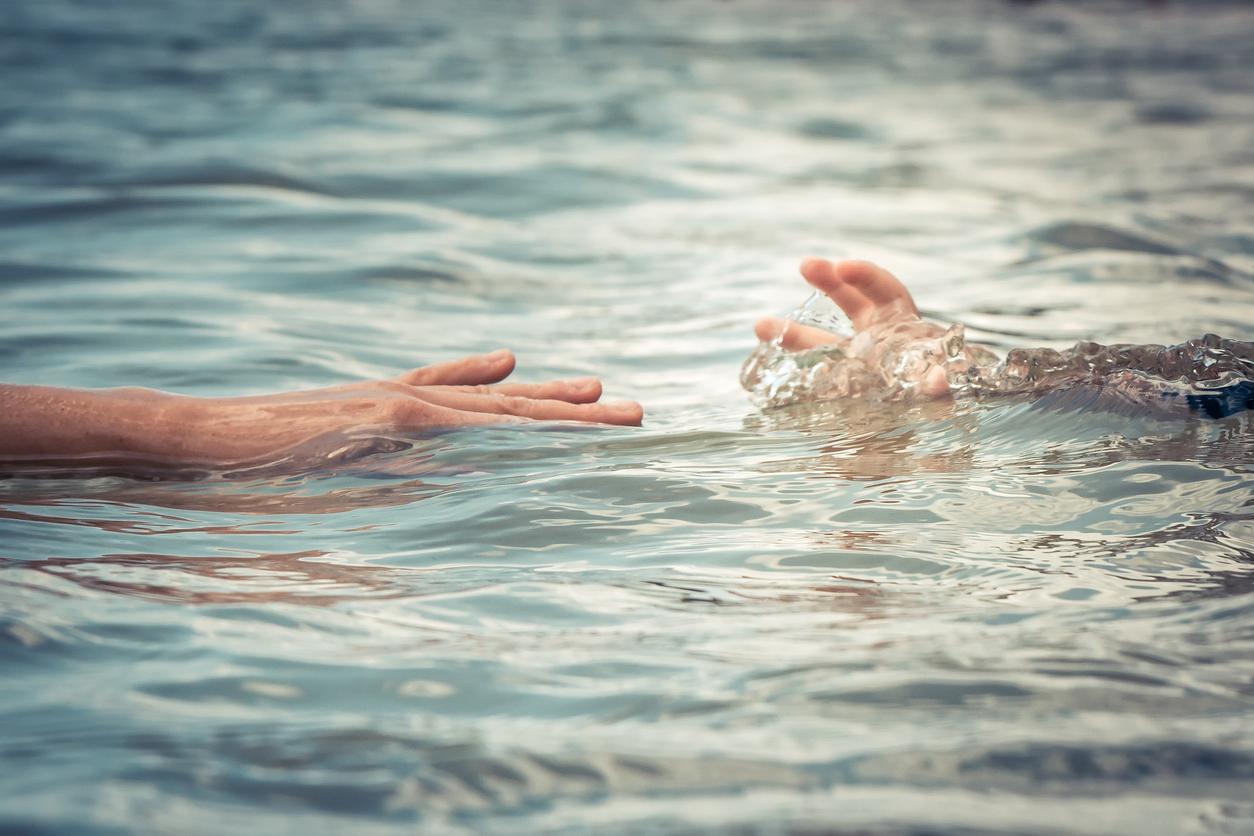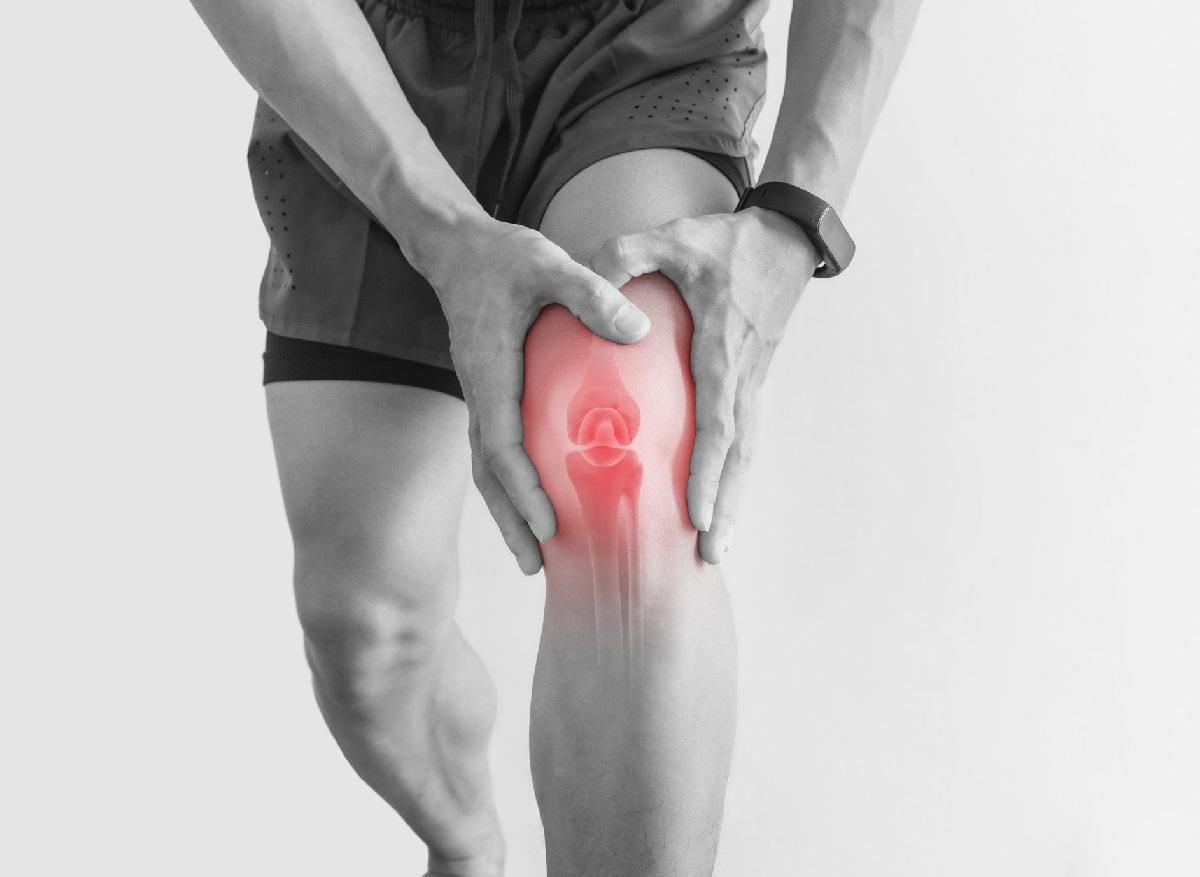With the postponement of major sporting events such as the Paris half-marathon, runners must resume their training this summer. A period not conducive to sports practice, which comes on top of the physical consequences of the 8 weeks of confinement.
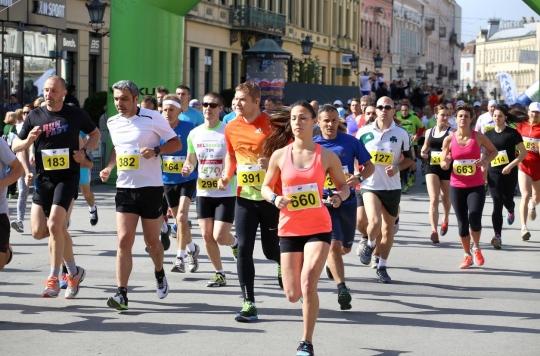
With the heat wave currently raging in France, the runners, whose training had already slowed down during confinement, are faced with a new disappointment. “To resume physical activity, the summer period is not the bestconfirms Faïza Bossy, general practitioner. The heat wave requires superior adaptability. Usually you need 1.5 liters of water per hour for the race, as it makes you sweat a lot”. However, in periods of strong heat, it is necessary to double this quantity, while not drinking too much at once. “Otherwise, we risk gastric overload”assures the health professional.
Another imperative: train early in the morning, or even at the end of the evening if the heat has subsided. “Then, you should change your diet: it must be based on very hydrating products and with a lot of salty foods, to compensate for the loss of sodium”, continues Faïza Bossy. For her, it is imperative to reduce the duration of her training. “With the heat, we spend more energy than normalexplains the doctor, specifying that this also applies to very low temperatures. We must preserve it”.
Faced with the heat, the shortening of training sessions
The problem is that the Paris half-marathon, which should have taken place on 1er March, has been postponed to September 6. However, to prepare for such a race, it is advisable to plan 6 to 8 weeks of training beforehand; which coincides with the hottest time of the year. “It’s really not ideal: the body does not react in the same way, then the holidays disturb the rhythm a little bit”estimates Thibaud, 26 years old.
However, the finance, risk and compliance consultant has planned to complete his physical preparation and maintain his participation in one of the biggest sporting events in France. “I don’t shorten my sessions, but I try to adapt them, by going to the room, which is air-conditioned, when it’s really hot. Otherwise, I go out early in the morning”, he continues. Because, if the training is shortened, it will inevitably be more difficult to run the 21 km on D-Day.
“Let’s just train, you might as well go to the end”
Provided that this running distance is maintained : “The director of the New York marathon had spoken on this subject; I found the idea of the shortening interesting. If there are no health risks in maintaining the event, I think it is a good option for runners who have to prepare during the summer”estimates Faïza Bossy, quoting colleagues who evoked a passage of 42.2 kilometers to 32.2 kilometers. “They call that ‘the wall’in relation to the energy demand which is too high for the future”reports the doctor.
“I hope this will not be the case for the Paris half-marathon!exclaims Thibaud. Even if it means training, and being in the perspective of doing such a race, you might as well go to the end. For me, it’s the runner’s responsibility: there are circuits of 5, 10, or even 15 kilometers. If you don’t feel able to train in the summer for a half-marathon, you can fall back on these races.”.
“I came back to zero: I literally lost the rhythm”
Originally, when the Paris Half Marathon was to take place in March, Thibaud came up with a 3-month training schedule. “I had stalled sessions with a group of which I am a member, individual sessions at the gym to improve the physique and have a better outfit in the race, then, a month and a half before the race, longer outings on weekend”he says.
The health crisis has upset the athlete’s program. “I came back to zero: I literally lost the rhythm”, he regrets. Because, with confinement and travel limited to 1 kilometer from his home, Thibaud had to put an end to his training. He had planned to break his half-marathon record by aiming for a total time of around 1:25, but he had to scale back his ambitions. “If I manage to reach my time last year, a little less than 1h30, it would already be a very big successhe says. As I have the goal of the marathon behind, I try to see this race as a training pushed “.
Performance declines could become more widespread due to the global health crisis. “I’m waiting to see the Olympics for example, but I think the results will be less glorious: depending on the sport, we won’t have been able to prepare with the necessary means.believes Faïza Bossy. We cannot aim for a very high performance if we do not have the following technical infrastructures”.
With confinement, a “catastrophic” physical condition
Loïc, who should have participated in the Limoges half-marathon on April 6, particularly feels the negative effects of recent months on his body. “I tried to continue doing sports during confinement, but it lasted very little time: I live in Paris so the time slots for running were limited, then I couldn’t motivate myself to do sports. muscle building on what was also my place of life and work”testifies the 26-year-old digital transformation consultant.
From now on, Loïc describes his physical condition as “catastrophic”. Before confinement, his last run was 15 km, at a rate of 5:35 / km. Now, it takes less than 30 minutes, at a rate of around 6:30/km. “During confinement, I lost muscle and gained fat; I was not paying attention at all to what I ate, I really let go“, he indicates. Between the cancellation of the New York marathon, initially scheduled for 1er November, and that of Berlin, which should have been held on September 27, he is struggling to regain motivation.
A gentle recovery before resuming training
“Even if the Limoges half-marathon, in which I still intend to participate, has been postponed to October 25, it’s hard to plan on training, because I tell myself that nothing is certain”, says Loïc. For him, another element makes recovery difficult: access to social life. “My priority is to see the friends I haven’t seen for two months, to go back to drink beers on the terrace and go to the restaurant: it’s not very conducive to training!”he acknowledges.
However, he remains positive: he considers himself “on an upward slope”. “You have to go slowly and gradually get your body used to doing sports again; it would be useless for me to go violently and break something”, emphasizes Loïc. At first, he starts going to the gym again, with the sole objective of achieving a “respectable physical condition”. Then, once the summer is over, he will move on to more structured training for the half-marathon.
“You have to plan a warm-up that lasts about a third of each session”
For Faïza Bossy, it is important to frame the resumption of activity, even if it is not yet a question of preparation for the targeted race. “You have to plan a warm-up that lasts about a third of each session, particularly working the ankles and the back.says the doctor. In periods of high heat, if you are poorly hydrated, it is the tendons that take”.
“As there is less blood supply to the tendons, and they work a lot when you run, it is essential to warm them up well”, says the health professional. She is categorical: the price to pay is heavy, since it takes 6 to 8 weeks to recover from tendonitis. In addition to warming up, Faïza Bossy recommends leaving at least one day of rest between each session. “We can take advantage of it to build muscle”, she adds. A word of order, therefore, to prepare for the resumption of high-level sport: progressive!













